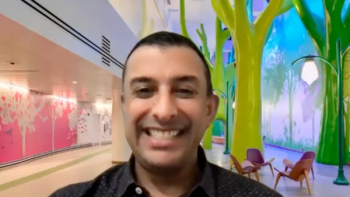
The pediatric neurologist at Nationwide Children's Hospital talked about current gaps and potential treatment approvals in epilepsy care for 2023. [WATCH TIME: 4 minutes]

The pediatric neurologist at Nationwide Children's Hospital talked about current gaps and potential treatment approvals in epilepsy care for 2023. [WATCH TIME: 4 minutes]
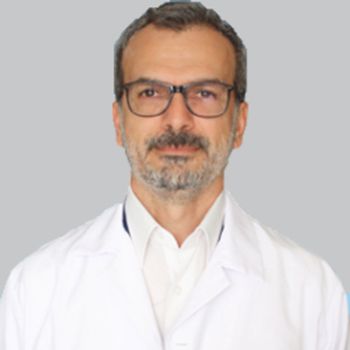
An exergaming program that spanned 8 weeks showed positive effects for patients with multiple sclerosis both with and without restless legs syndrome.
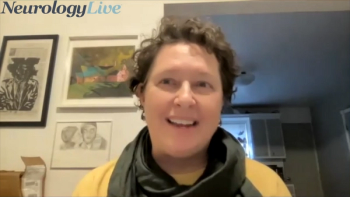
The chief training and education officer at the Parkinson’s Foundation provided perspective on the vast types of medical professionals who can learn from the organization’s new education series. [WATCH TIME: 4 minutes]
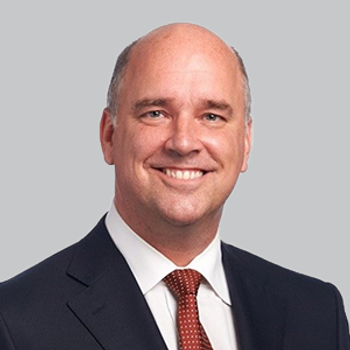
With a PDUFA date of October 26, 2023, the FDA will review data from the phase 2b VISION-DMD study, in which vamorolone met its primary end point in change in TTSTAND velocity.

Branaplam, an mRNA splicing modifier, joins the many unsuccessful agents for Huntington disease as biopharma continues to be challenged with trial holds and failures.
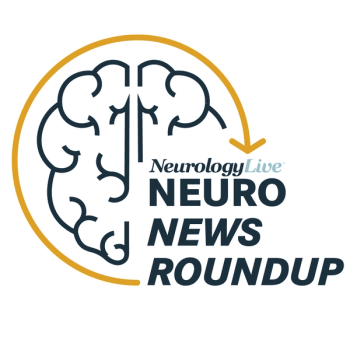
Take a look at 5 of the most-anticipated clinical trial data readouts expected in 2023 that neurology health care professionals should keep their eyes on.
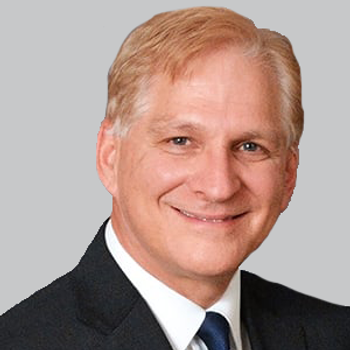
Donald Whiting, MD, chair of Allegheny Health Network’s Neurosciences Institute, provided insight on ADvance II, a multinational trial exploring the use of deep brain stimulation in patients with mild Alzheimer disease.

The psychologist and professor in the department of rehabilitation medicine at the University of Washington shared her perspective on the state of mental health care in multiple sclerosis. [WATCH TIME: 4 minutes]

The executive direct of Cure CMD discussed the state of care for patients with congenital muscular dystrophies, the need for new treatments, and the patience with gene therapies.
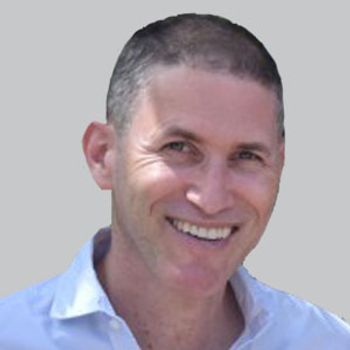
A cross-sectional and longitudinal comparative analysis suggests a subclinical neurodegenerative process may occur in MOG antibody disease based on a distinct pattern of brain atrophy.

Data from a cohort of more than 8000 participants suggest that older adults with less optimal sleep duration might benefit from moderate napping for their cognitive functions.

The pediatric neurologist at Nationwide Children's Hospital talked about the year-over-year changes in day-to-day clinical practice of patients with epilepsy. [WATCH TIME: 4 minutes]

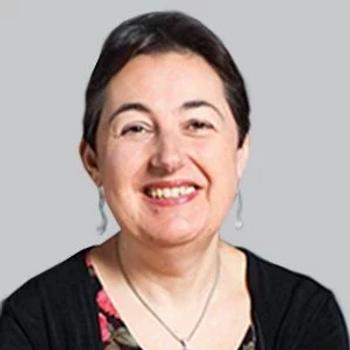
In addition to showing a tolerable safety profile, EQU-001 resulted in reduced IL-17 and IL-1b plasma levels relative to baseline and limited the ability of peripheral mononuclear cells to secrete additional pro-inflammatory cytokines.

The chief training and education officer at the Parkinson’s Foundation provided perspective on a recently launched online program aimed at educating healthcare professionals. [WATCH TIME: 3 minutes]

After 12 weeks of treatment, almost twice as many patients on eptinezumab reported either “much improved” or “very much improved” than those on placebo, according to Patient Global Impression of Change.
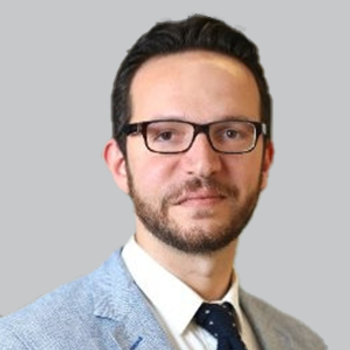
Results from the CIRCLES cohort demonstrated a significant association in relapse patterns and disease phenotype for patients with NMOSD who change treatment.

Over a 2-year treatment period, no clear effects of dimethyl fumarate were identified on clinical or MRI outcomes in patients with progressive multiple sclerosis.

The director of the Headache Center at Allegheny Health Network provided an overview of clinically relevant approaches to treat migraine at its core pathology. [WATCH TIME: 2 minutes]

Here's some of what is coming soon to NeurologyLive® this week.
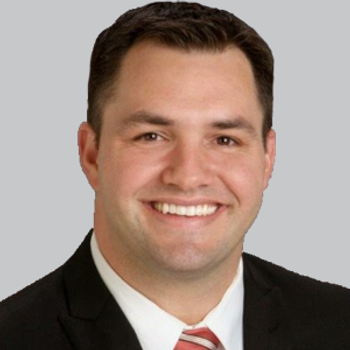
Richard Williamson, MD, FAANS, a neurosurgeon at Allegheny Health Network, provided commentary on the explosion of technology in neurosurgery and how exoscopes ease the process.

The pediatric neurologist at Nationwide Children's Hospital spoke on several innovations and potential concerns in neurology clinicians should expect in 2023. [WATCH TIME: 6 minutes]

Test your neurology knowledge with NeurologyLive®'s weekly quiz series, featuring questions on a variety of clinical and historical neurology topics. This week's topic is neuromyelitis optica spectrum disorder, or NMOSD.
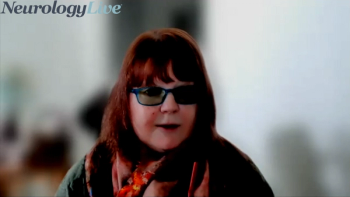
The executive director of Cure CMD discussed efforts being done to bring the stakeholder community together and improve the care for patients with congenital muscular dystrophies. [WATCH TIME: 4 minutes]

Li-Huei Tsai, PhD, director, the Picower Institute for Learning and Memory at Massachusetts Institute of Technology, discussed research results using gamma frequency sensory stimulation in Alzheimer disease.
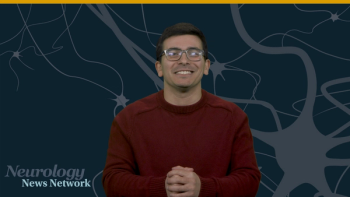
Neurology News Network for the week ending January 28, 2023. [WATCH TIME: 4 minutes]

Take 5 minutes to catch up on NeurologyLive®'s highlights from the week ending January 27, 2023.

The psychologist and professor in the department of rehabilitation medicine at the University of Washington talked about the benefits of a new initiative from the National MS Society focusing on mental health. [WATCH TIME: 4 minutes]
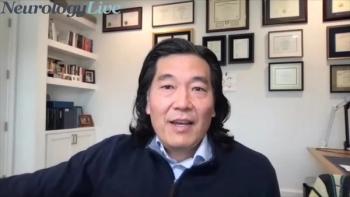
The director of Neuroinnovation and Multiple Sclerosis & Neuroimmunology Imaging Program at UT Southwestern Medical Center discussed ways to build off the ARISE study and the unanswered questions regarding radiologically isolated syndrome. [WATCH TIME: 3 minutes]

Take a look at 5 of the most-anticipated FDA pending approvals expected in 2023 that neurological researchers and clinicians should keep an eye out on.